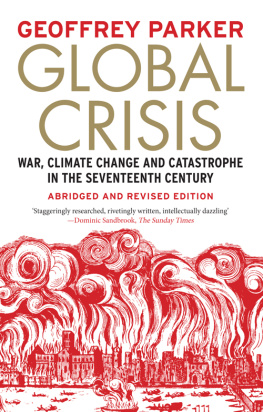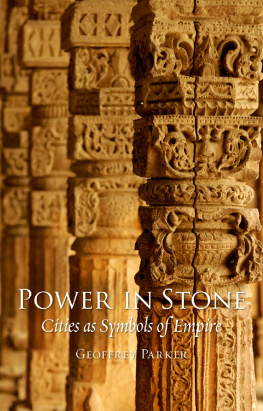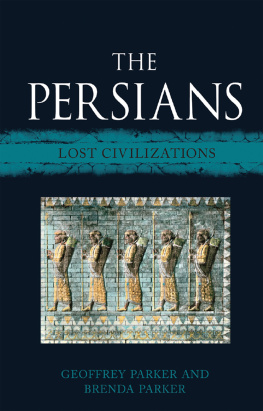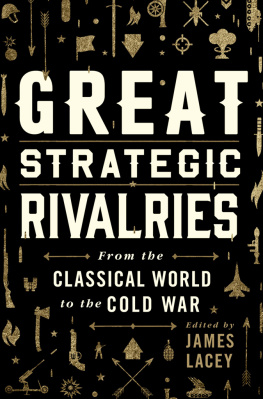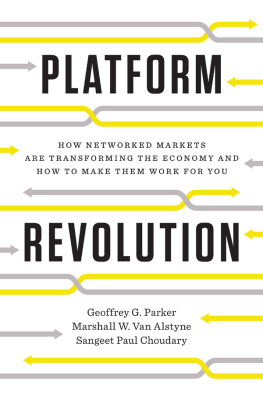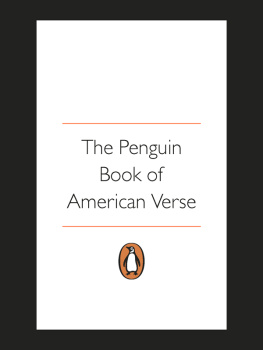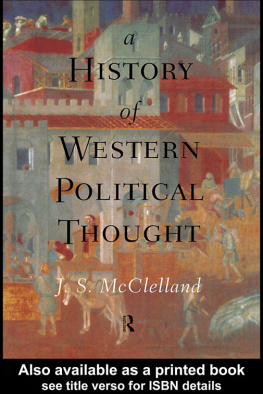Geoffrey Parker - Western Geopolitical Thought in the Twentieth Century
Here you can read online Geoffrey Parker - Western Geopolitical Thought in the Twentieth Century full text of the book (entire story) in english for free. Download pdf and epub, get meaning, cover and reviews about this ebook. year: 2014, publisher: Routledge, genre: Religion. Description of the work, (preface) as well as reviews are available. Best literature library LitArk.com created for fans of good reading and offers a wide selection of genres:
Romance novel
Science fiction
Adventure
Detective
Science
History
Home and family
Prose
Art
Politics
Computer
Non-fiction
Religion
Business
Children
Humor
Choose a favorite category and find really read worthwhile books. Enjoy immersion in the world of imagination, feel the emotions of the characters or learn something new for yourself, make an fascinating discovery.

- Book:Western Geopolitical Thought in the Twentieth Century
- Author:
- Publisher:Routledge
- Genre:
- Year:2014
- Rating:3 / 5
- Favourites:Add to favourites
- Your mark:
- 60
- 1
- 2
- 3
- 4
- 5
Western Geopolitical Thought in the Twentieth Century: summary, description and annotation
We offer to read an annotation, description, summary or preface (depends on what the author of the book "Western Geopolitical Thought in the Twentieth Century" wrote himself). If you haven't found the necessary information about the book — write in the comments, we will try to find it.
Western Geopolitical Thought in the Twentieth Century — read online for free the complete book (whole text) full work
Below is the text of the book, divided by pages. System saving the place of the last page read, allows you to conveniently read the book "Western Geopolitical Thought in the Twentieth Century" online for free, without having to search again every time where you left off. Put a bookmark, and you can go to the page where you finished reading at any time.
Font size:
Interval:
Bookmark:


by Routledge
2 Park Square, Milton Park, Abingdon, Oxon, OX14 4RN
711 Third Avenue, New York, NY 10017
A catalogue record for this book is available from the British Library
eISBN: 978-1-315-74725-5 (Set)
ISBN: 978-1-138-81330-4 (Volume 10)
eISBN: 978-1-315-74712-5 (Volume 10)
The publisher has gone to great lengths to ensure the quality of this reprint but points out that some imperfections in the original copies may be apparent.
The publisher has made every effort to trace copyright holders and would welcome correspondence from those they have been unable to trace.

Croom Helm Ltd, Provident House, Burrell Row,
Beckenham, Kent BR3 1AT
139 King Street, Sydney, NSW 20001, Australia
1. Geography, PoliticalHistory20th century
I. Title
320.12091821 JC319
Printed and bound in Great Britain
by Billing & Sons Limited, Worcester.
Constable & Company |
Hodder & Stoughton Educational |
Harrap Limited Mrs Andreas Dorpalen |
Harcourt, Brace, Jovanovich, Inc. |
President Saul B. Cohen |
Dr Arno Peters |
Font size:
Interval:
Bookmark:
Similar books «Western Geopolitical Thought in the Twentieth Century»
Look at similar books to Western Geopolitical Thought in the Twentieth Century. We have selected literature similar in name and meaning in the hope of providing readers with more options to find new, interesting, not yet read works.
Discussion, reviews of the book Western Geopolitical Thought in the Twentieth Century and just readers' own opinions. Leave your comments, write what you think about the work, its meaning or the main characters. Specify what exactly you liked and what you didn't like, and why you think so.

